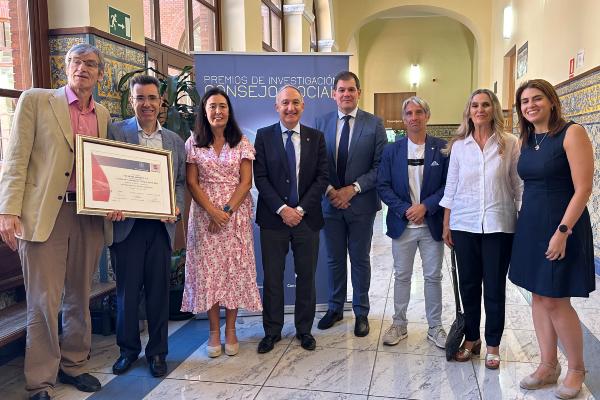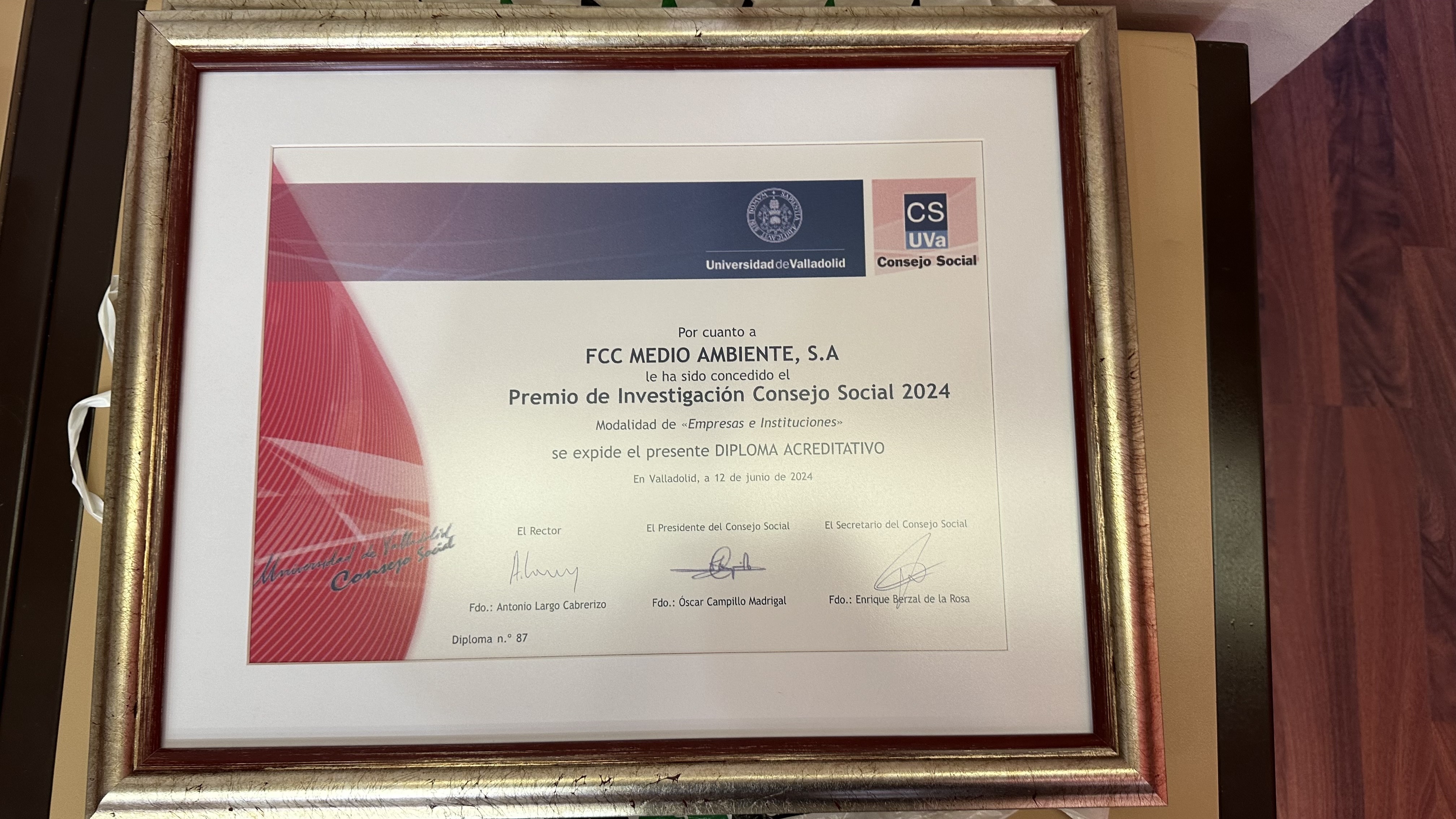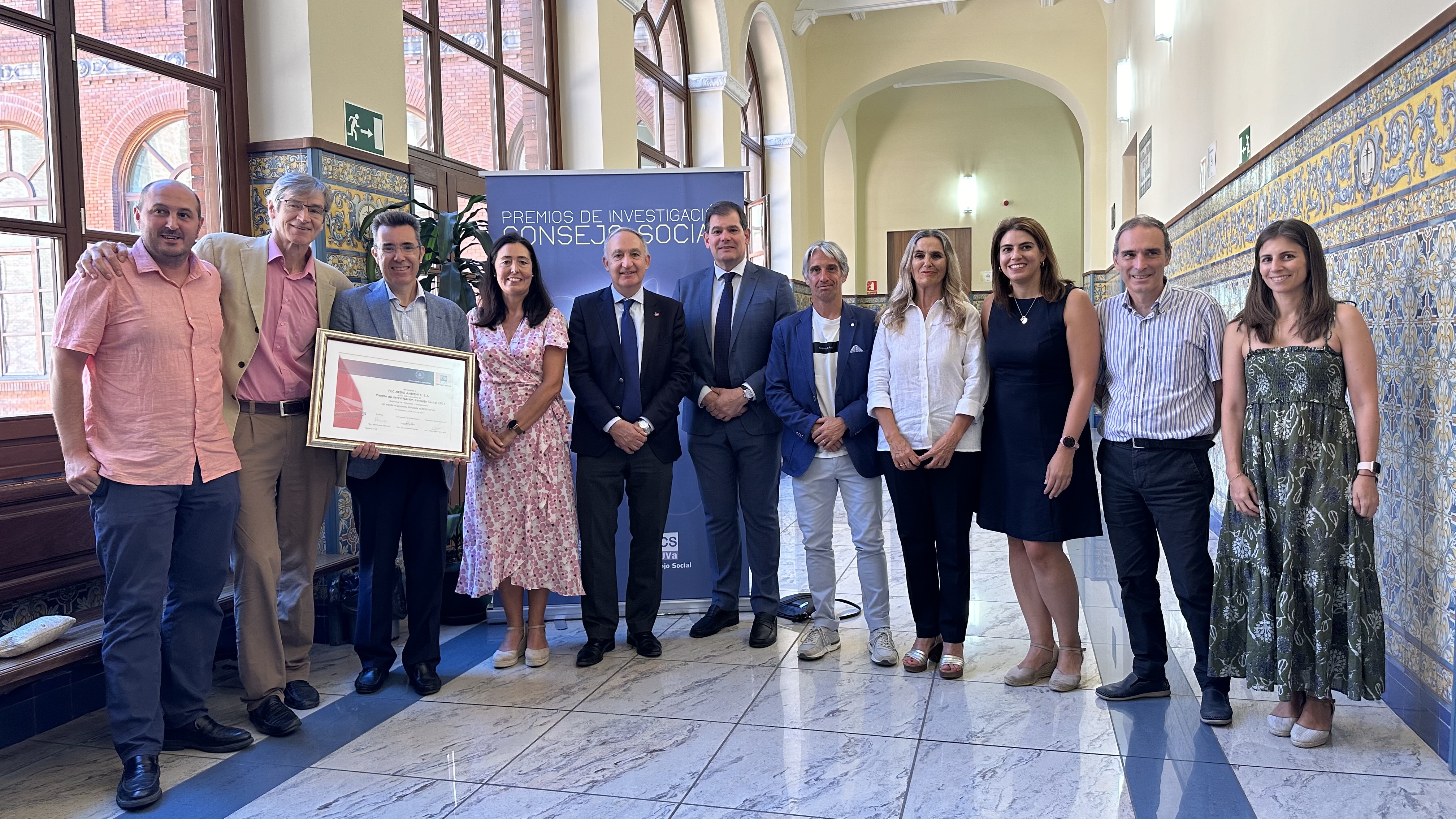News
FCC Medio Ambiente awarded for its commitment to innovation by the University of Valladolid

Yesterday, the University of Valladolid (UVa) presented the Social Council Research Award in the company category to the FCC Group for its commitment and collaboration in research, scientific development and technological innovation activities and projects, specifically for the Deep Purple, Life ABATE and ECLOSION projects in which FCC Medio Ambiente and Aqualia participate. On behalf of FCC Medio Ambiente, the award was collected by Francisco José Huete, Director of Management Systems.
FCC Medio Ambiente began collaborating with the UVa in September 2002 with the aim of contributing to the start-up of the digester at the Valladolid Waste Treatment Centre. At present, the company continues to foster a close relationship with the university through its joint participation in the Deep Purple project, financed by the public-private partnership Bio-based Industries Consortium (BIC) and which has resulted in the installation of the UVa Ectoin prototype at the Las Dehesas anaerobic digestion plant (Madrid) operated by FCC Medio Ambiente; the Life ABATE project for the treatment of volatile organic compounds (VOCs) in the low load areas of waste treatment plants; and the ECLOSION project for research into new materials, technologies and processes for the generation, storage, transport and integration of renewable hydrogen and biomethane from bio-waste.
Innovation is in the DNA of FCC Medio Ambiente, which has had an R&D&I Management System certified in accordance with the UNE 166002 standard since 2016. In 2023 alone, innovation projects in the development or launch phase reached an investment of close to four million euros. Other projects of relevance are H2TRUCK, which continues the innovative line of the multi-award-winning 100% electric chassis-platform it presented in 2018, and which pursues a prototype waste compactor collector on a fully electric heavy-duty chassis-platform powered by a hybrid hydrogen cell and lithium-ion battery system; and PLAUSU (Platform for Autonomous Urban Services), which aims to research and develop automation technologies specifically focused on the autonomous operation of an urban services vehicle in cleaning tasks, and to materialise them on a dual electric sweeper-cleaner.
This concern for innovation is part of its 2050 Sustainability Strategy, a 30-year business development roadmap that includes very demanding objectives and commitments with high added value for the company and society as a whole, integrated into four lines of action: environmental, social, excellence and good governance. Specifically, in the Excellence axis, the company seeks to maintain its leadership in R&D&I and for investment in this to reach 1% of turnover by 2050.










